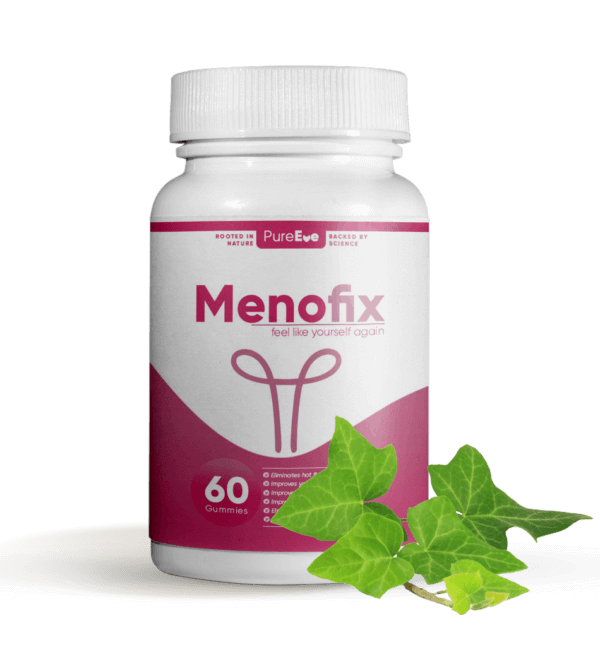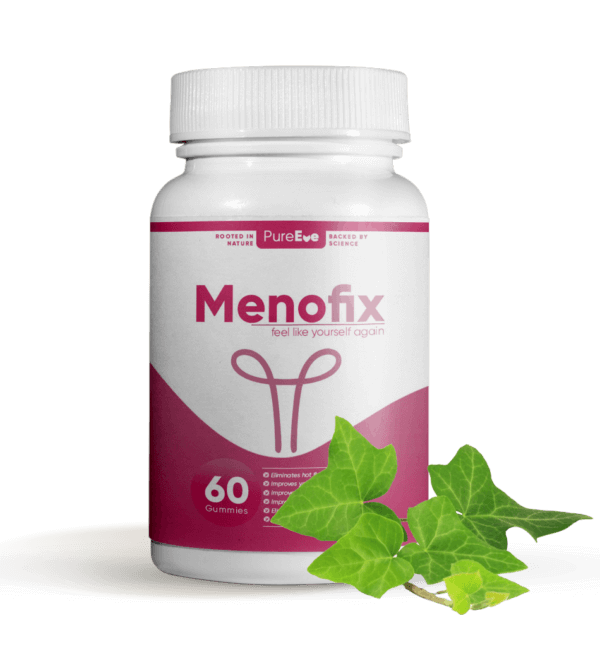Perimenopause has its tell-tale signs among Nigerian women. Although, in Nigeria, many women enter their 40s unaware that their bodies are transitioning into this new phase.
This period, which can span several years, comes with fluctuating hormones leading to various changes.
Due to cultural perceptions and limited awareness, these symptoms are often misattributed to stress, aging, or other health issues.
But recognizing these early indicators is crucial for timely intervention and improved quality of life.
Why Nigerian Women Rarely Recognize Perimenopause Signs
Due to cultural conditioning and information gaps, Nigerian women often overlook the signs of perimenopause.
Many are taught from a young age to endure discomfort or chuck up symptoms to “spiritual battles,” aging, or emotional stress.
Medical literacy around female reproductive health is also limited in some regions, especially outside urban centers.
This results in women suffering in silence, misdiagnosing themselves, or resorting to guesswork.
Additionally, open conversations about hormonal shifts, sexual health, or mood changes are still taboo topics in many Nigerian households.
A woman discussing her decreased libido or hot flashes might be dismissed as being “too sensitive” or “just tired.”
This silence breeds confusion and delays access to proper support and treatment. Until hormonal health becomes mainstream in Nigerian dialogue, many women will continue to walk blindly through one of the most critical transitions of their lives.
1. Irregular Menstrual Cycles
One of the earliest signs of perimenopause is a change in menstrual patterns.
Women may experience skipped periods, heavier or lighter flows, and variations in the length of time between periods.
These irregularities result from fluctuating estrogen and progesterone levels. In Nigeria, people dismiss these changes or attribute them to stress or spiritual factors, thereby delaying appropriate medical consultation.
Also Read: How Women in Nigeria Use Menofix to Eliminate Vaginal Dryness and Joint Pains
2. Hot Flashes and Night Sweats
Sudden feelings of intense heat that comes with sweating and flushed skin, are common during perimenopause.
These episodes, known as hot flashes, can occur during the day or night (night sweats), disrupting sleep and daily activities.
In our already warm climate, distinguishing hot flashes from environmental heat can be challenging. This is the reason many women overlook this symptom.
3. Mood Swings and Irritability
Hormonal fluctuations during perimenopause can hugely impact mood, leading to depression, anxiety, and heightened sensitivity or frustration.
People often misattribute these emotional changes to external stressors or marital issues. Hardly do they recognize it as hormonal symptoms that requires medical attention.
4. Sleep Disturbances
Many women experience sleep problems during perimenopause. This includes insomnia, restless sleep, and persistent tiredness despite adequate rest.
These disturbances reduce overall well-being. In Nigeria, most people often overlook such sleep problems or consider it a normal part of aging.
5. Decreased Libido
A decline in sexual desire is a common yet often unspoken symptom of perimenopause.
Hormonal changes can lead to low libido, vaginal dryness causing discomfort during intercourse, and emotional disconnect affecting intimacy with partners.
6. Weight Gain and Slowed Metabolism
Hormonal shifts can lead to metabolic changes, resulting in weight gain, especially menopause belly, difficulty losing weight despite diet and exercise, and reduced muscle mass.
In Nigeria, weight gain often symbolizes wealth or health, which may cause women to overlook its hormonal origins.
7. Memory Lapses and Difficulty Concentrating
Cognitive changes, often referred to as “brain fog,” can manifest as forgetfulness, challenges in focusing on tasks, and slower cognitive processing.
Nigerians often dismiss cognitive decline as simply aging, thereby delaying recognition of their hormonal basis.
8. Joint and Muscle Pain
Estrogen plays a role in maintaining joint and muscle health. Its decline can lead to aches and stiffness. It happens more in the morning. Estrogen decline can lead to an increased susceptibility to injury, and reduced flexibility.
Joint pain is not always as a result of physical labor or aging. It can signal hormonal changes.
9. Frequent Urinary Tract Infections (UTIs)
Decreased estrogen levels can affect the urinary tract. This can lead to increased frequency of UTIs, urgency and incontinence, and discomfort during urination.
In addition, these symptoms may be misdiagnosed or inadequately treated, especially in areas with limited healthcare access.
10. Changes in Skin and Hair
Cosmetic issues aside, hormonal fluctuations can impact skin and hair health. The result? Dry and thin skin, hair loss or thinning, and increased facial hair.
Beauty treatments in this situation only mask the real problem.
Why It’s Necessary to Combat the Side Effects of Perimenopause
For many women, perimenopause is dismissed as a “phase to endure” until menopause strikes. But this mindset can be harmful.
Ignoring the side effects of perimenopause without proactive care can lead to long-term health consequences. Also, you don’t just “power through” perimenopause. You get ahead of it beginning in your 30s.
Here are some of the reasons to take hormonal issues seriously:
- Untreated hot flashes and sleep disturbances, for example, can lead to chronic insomnia. This is one of the things that triggers mood disorders like depression and anxiety.
- Weight gain that’s difficult to shed, places women at greater risk for diabetes, high blood pressure, and heart disease.
- Vaginal dryness and low libido, if left unaddressed, can strain even the healthiest relationships. Not to mention causing internal guilt and shame in the Nigerian context.
- Cognitive symptoms like memory lapses and brain fog may also reduce workplace productivity and self-confidence, leading to underperformance.
- Joint pain and fatigue, when ignored, can result in sedentary lifestyles that further compound health problems.
Most importantly, when women suffer in silence, they begin to believe that they are losing themselves. It makes them to feel like they are less competent, less attractive, or less valuable.
That’s not just a hormonal issue. It can easily become an identity crisis.
A woman who treats her symptoms, addresses her needs, and honors her changing body is a woman reclaiming her power.
The goal is not just to feel “normal” again. The goal is to feel better than ever, with full clarity, vitality, and emotional freedom.
That’s why it matters.
Menofix as a Natural Menopause Relief
If you’re a Nigerian woman seeking a natural and effective solution to manage pre-menopausal symptoms, Menofix is an expert-led solution.
Menofix supports women through the physical and emotional challenges of hormonal shifts.
It’s benefits includes:
- Relief from hot flashes and night sweats
- Mood and emotional support to alleviate your irritability, low moods, and anxiety spikes.
- Restored energy and vitality
- Improved sleep quality for deep, restful sleep helping you feel refreshed and in control.
- Natural hormone balance without synthetic hormones or harsh chemicals.
- Enhanced mental clarity and focus.
Menofix is doctor-formulated, natural and non-GMO, making it safe for daily use. Interestingly, it is helping women in perimenopause, menopause, and beyond take control of their health naturally.
Also Read: 10 Best Local Foods to Support Hormone Balance in Nigerian Women
Conclusion
Perimenopause is a significant phase in a woman’s life. In Nigeria, cultural perceptions and limited awareness often cause its symptoms to be overlooked.
However, identifying these signs is crucial for better quality of life.
Don’t let perimenopause catch you off guard when there are signs Nigerian women are using. Embrace this new phase of life with confidence and vitality.
Choose Menofix for natural menopause relief and support.




















